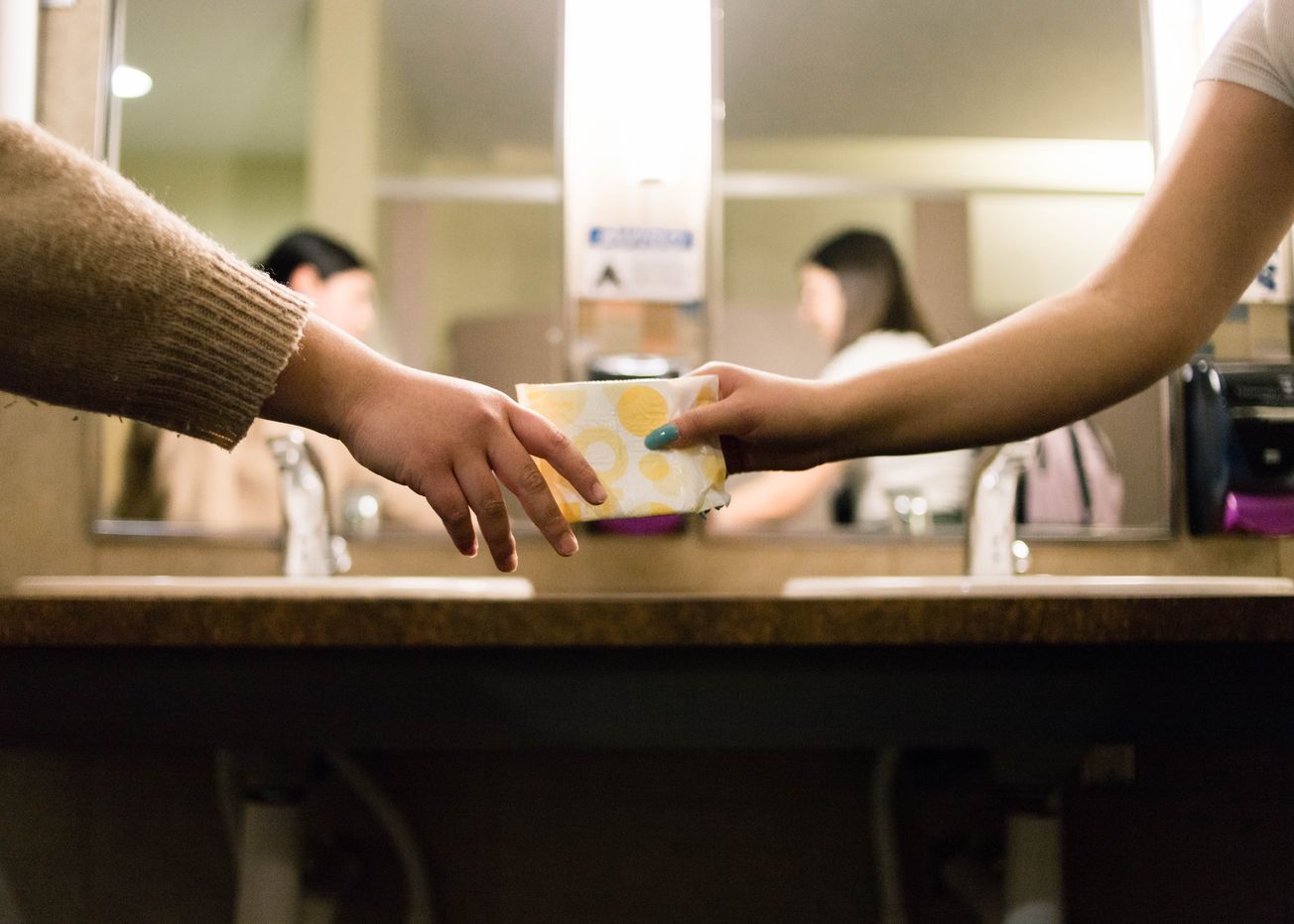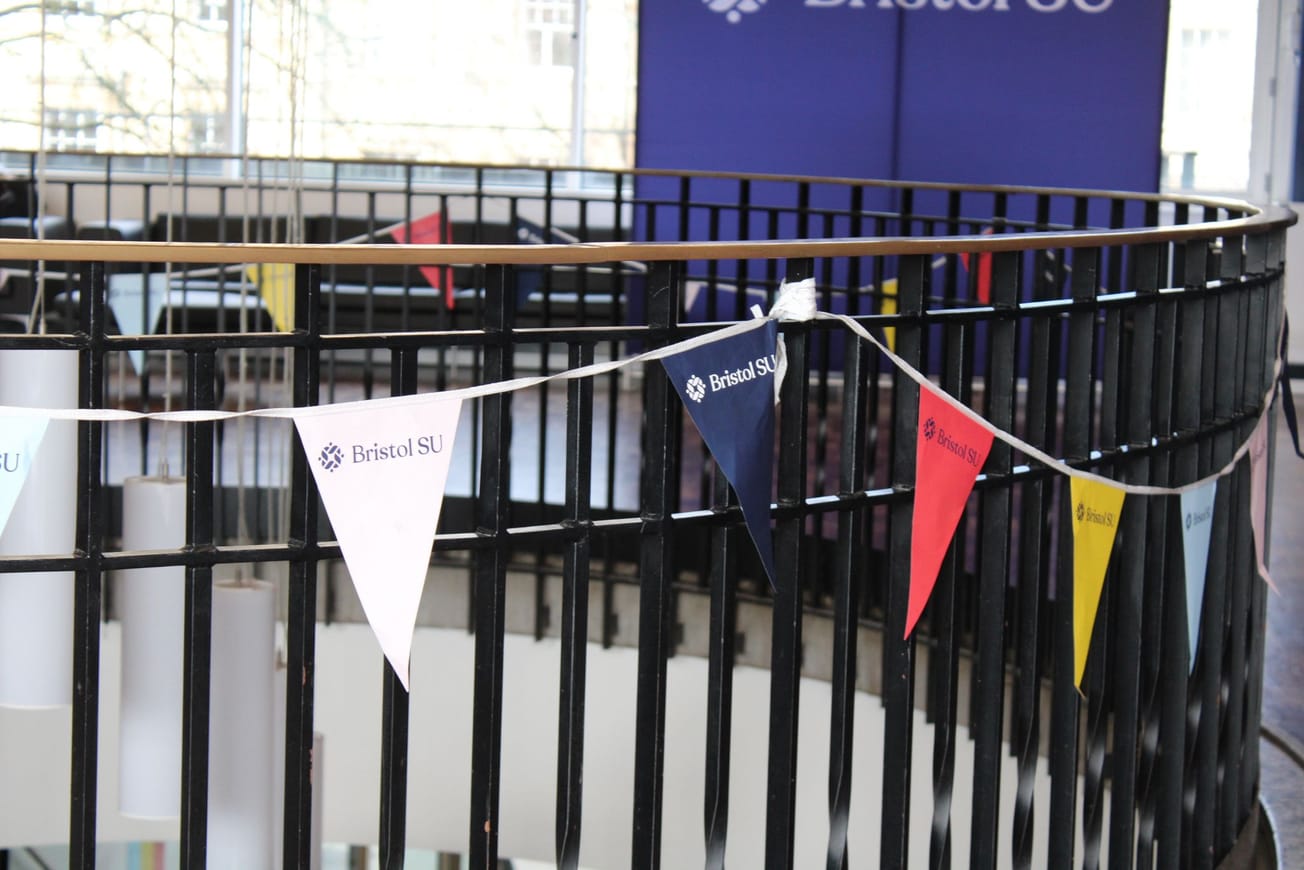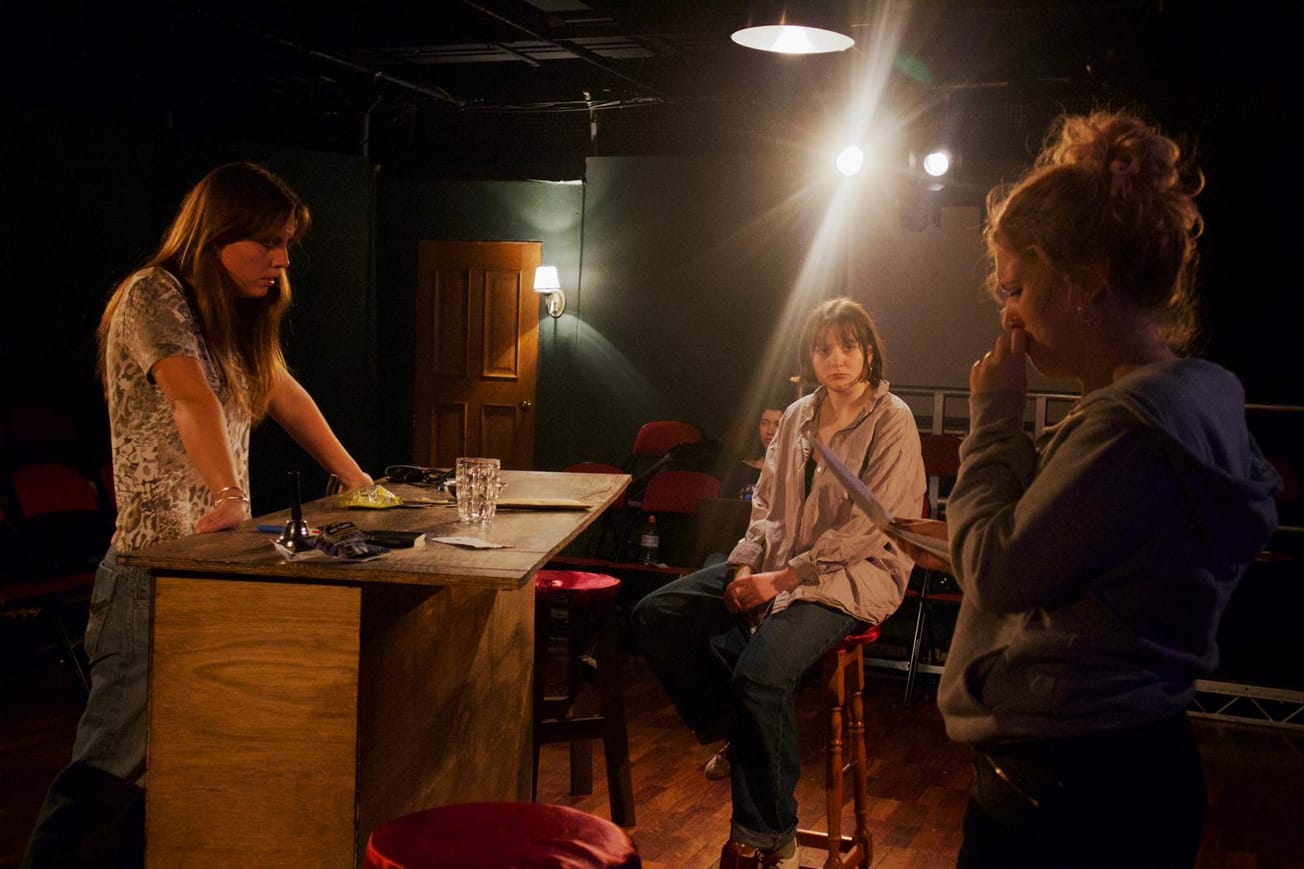By Blaise Cloran, Second Year English
Moving away from home, starting university and securing an entry-level job with a low annual salary can place young people in a financially vulnerable position, at risk of feeling the full brunt of the cost-of-living crisis.
New research carried out by the Young Women’s Trust revealed that 52 per cent of young women are ‘filled with dread’ when they think about their household finances, with women already taking home up to a fifth less than men due to gendered pay gaps. Given the existing income inequalities, young women are especially vulnerable to the impact of rising fuel, rent and essential household costs.
This inequity is partly due to gendered barriers in the workplace. As part of research conducted by the House of Commons Library, 78 per cent of reporting employers concluded that the median hourly pay was higher for men than women in their organisation. They also noted that more women obtained part-time roles with a lower wage due to unpaid childcare responsibilities.
Further research by the Young Women’s Trust concluded that nearly half of young women in the South West feel that their future prospects have gotten worse over the last six months.
'[Y]oung women are also taking health risks and prioritizing money over their safety in order to cope with living on a lower budget'
Many employers don’t offer work schedules that fit the domestic demands and caring responsibilities placed on young women, making it difficult for many women to increase their working hours and raise their earnings. As a result, women often undertake precarious work such as agency roles. While these positions are flexible, they can be unreliable, underpaid, and often don’t financially support the added costs of childcare and the inflated cost of living.
The high cost of the social culture surrounding university and many early careers can add further stress to these financial responsibilities. One female student at the University of Bristol stated: ‘it’s hard to justify spending the little money I earn on drinks and going out when balancing my part-time job with my degree is already tough’.
Women are disproportionately shouldering the burden of unpaid care and domestic work, which will only get worse with the current cost of living crisis.
— ActionAid (@ActionAid) October 11, 2022
1/3
Currently, the government’s financial response to the cost-of-living crisis includes a 9.7 per cent increase in the national living wage for over 23s to £10.42. However, this rate does not apply to those under the age of 23. The government is also yet to offer financial support for childcare costs, providing little aid to young women who are struggling to afford vital services such as nurseries.
‘I already feel unsafe walking alone as a woman at night, and knowing I can’t really afford to call a taxi if I needed to is really scary’
Female students at the University of Bristol have also voiced that ‘sanitary products, cosmetics and many toiletry products typically tailored to women have increased in price and therefore have become an added expense that women need to budget for’. While a lack of access to cosmetic products may be seen as trivial, no longer being able to afford the commodities that make you feel good can have a significant impact on women’s self-esteem and confidence.
Students also added that ‘at university the pressure to meet new people and look your best is at an all-time high’. With less money to keep up with the unattainable beauty standards that are largely targeted at women, some young women attested to socialising less due to lessened confidence in their appearance.
[Report] Last summer, our partner @womensaid launched a report which highlights how the soaring cost of living in the UK is compounding survivors' difficulties to leave an abusive relationship, recover and rebuild their lives. Learn more: https://t.co/huVcMcEn3Y pic.twitter.com/PwvpCfThs2
— Kering Foundation (@KeringForWomen) January 18, 2023
Further studies have shown that young women are also taking health risks and prioritizing money over their safety in order to cope with living on a lower budget, including skipping meals in efforts to make their cash last till the end of the month. One second year law student told Epigram of the unsafe situations she now faces due to her worsened financial position: ‘I already feel unsafe walking alone as a woman at night, and knowing I can’t really afford to call a taxi if I needed to is really scary’.
Young women are also finding themselves increasingly dependent on others for financial support, making them more vulnerable to financial abuse in situations of domestic violence and lengthening the duration of unhealthy and abusive relationships. Research conducted by Women’s Aid with survivors of domestic abuse discovered that almost three quarters of women in abusive relationships had found that the cost-of-living crisis had either prevented them from leaving or made it harder for them to leave their partner.
'I feel like I've got to stay here and keep working' | How the cost-of-living crisis is affecting students
Bristol night-time safety: what has changed?
The Young Women’s Trust is campaigning to get young women’s voices heard. Having asked young women what support the government should introduce, the organisation is calling for guaranteed affordable childcare that enables young women to work the hours they need, and an extension of the national living wage to those under the age of 23. By targeting the government and employers, young women stand a chance of lowering discrimination in the workplace and battling the impact of the cost of living crisis.
Featured Image: Annika Gordon / Unsplash
You can sign the Young Women’s Trust’s open letter to the government here: www.youngwomenstrust.org/sign-our-open-letter-to-government.









